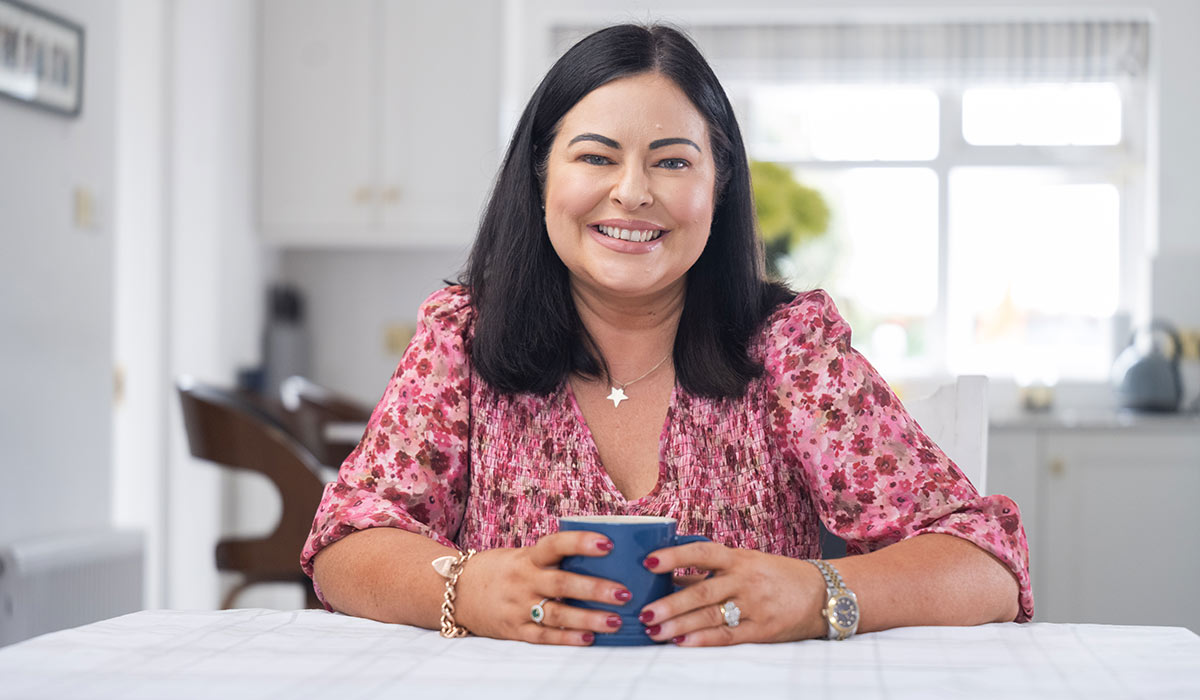There was a time when Cork woman Sandra Murphy spent every day living with pain.
In fact, 18 years of her life were spent trying to manage pain that was more than cyclical, but yet was constantly dismissed as something women have to bear. As an endometriosis sufferer her pain was initially dismissed as period pain.
‘Right from the get-go my current GP was brilliant and the second that I said to him that I was in severe pain he told me he had a suspicion I had endometriosis,’ Sandra says.
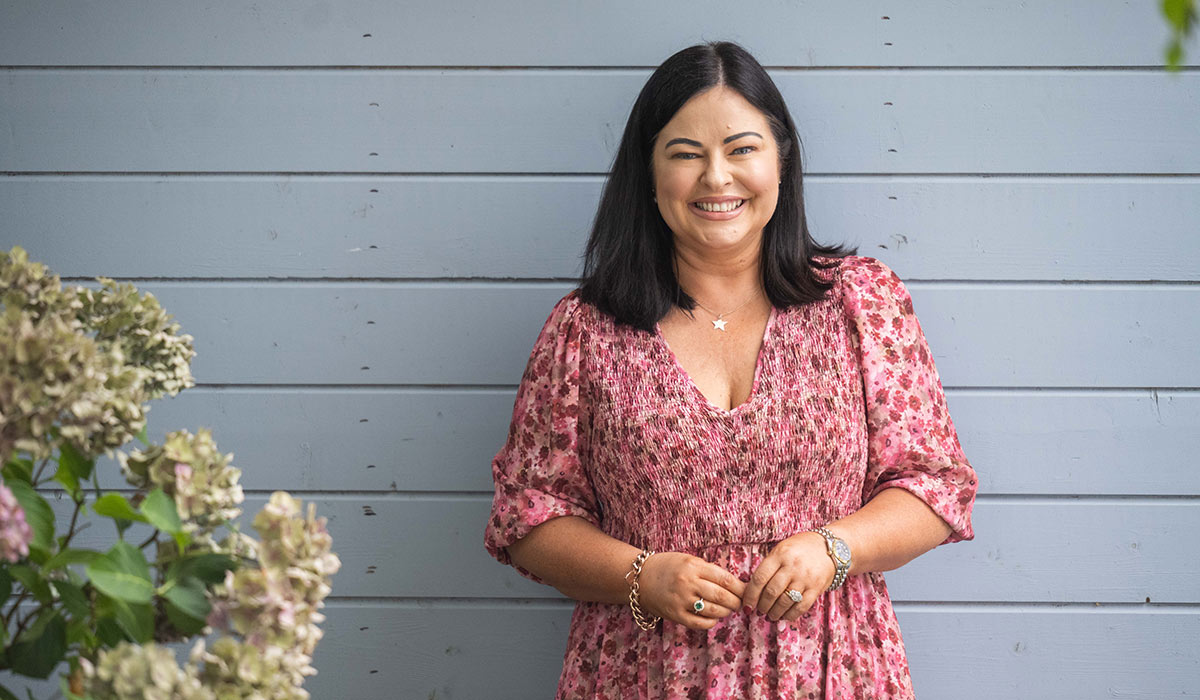 Sandra Murphy for laya healthcare. Pic: Joleen Cronin
Sandra Murphy for laya healthcare. Pic: Joleen Cronin
Her GP recommended getting a laparoscopy done because this is the only way to properly diagnose endometriosis. ‘But what can happen then and what happened to me for sure was that you kind of get bounced from pillar to post, to different consultants.
‘I would have been prescribed the contraceptive pill and told to take it back to back so that I wouldn’t have a period, because the pain of endometriosis gets significantly heightened when you have your bleed. And other organs can be impacted as well, so I would have had a huge amount of endometriosis on my bowel.
‘But I do think women are brought up to believe that it’s just normal to have pain. I suppose. It got to the point where when I would have a bowel movement during a bleed and I would collapse because the pain was so bad.’
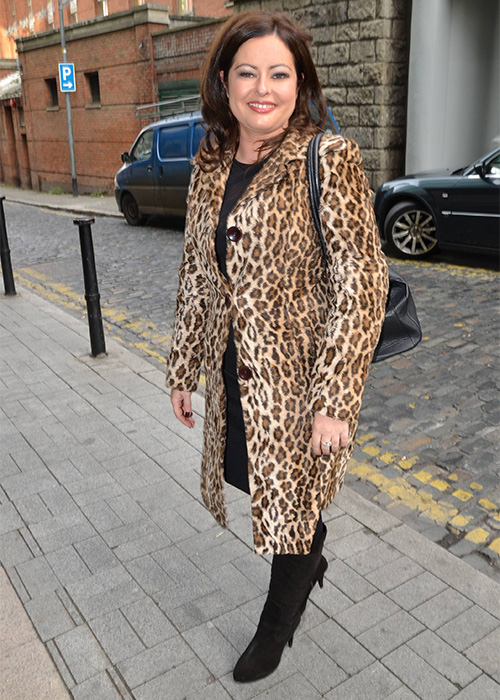 Sandra Murphy. Pic: VIPIRELAND.com
Sandra Murphy. Pic: VIPIRELAND.com
New research from Laya Healthcare has shown a ‘gender health gap’ when it comes to women receiving correct and prompt diagnoses of issues that affect them.
The survey found that over half of women aged 25-44 (56%) have felt dismissed at least once when discussing health concerns. Women are more likely than men to put off seeing a doctor because they fear not being taken seriously. Shockingly, 37% of women (compared to 23% of men) delayed seeking help many times for this reason.
Four in ten women said they felt their health concerns were misunderstood, which they perceived led to a delayed or incorrect diagnosis.
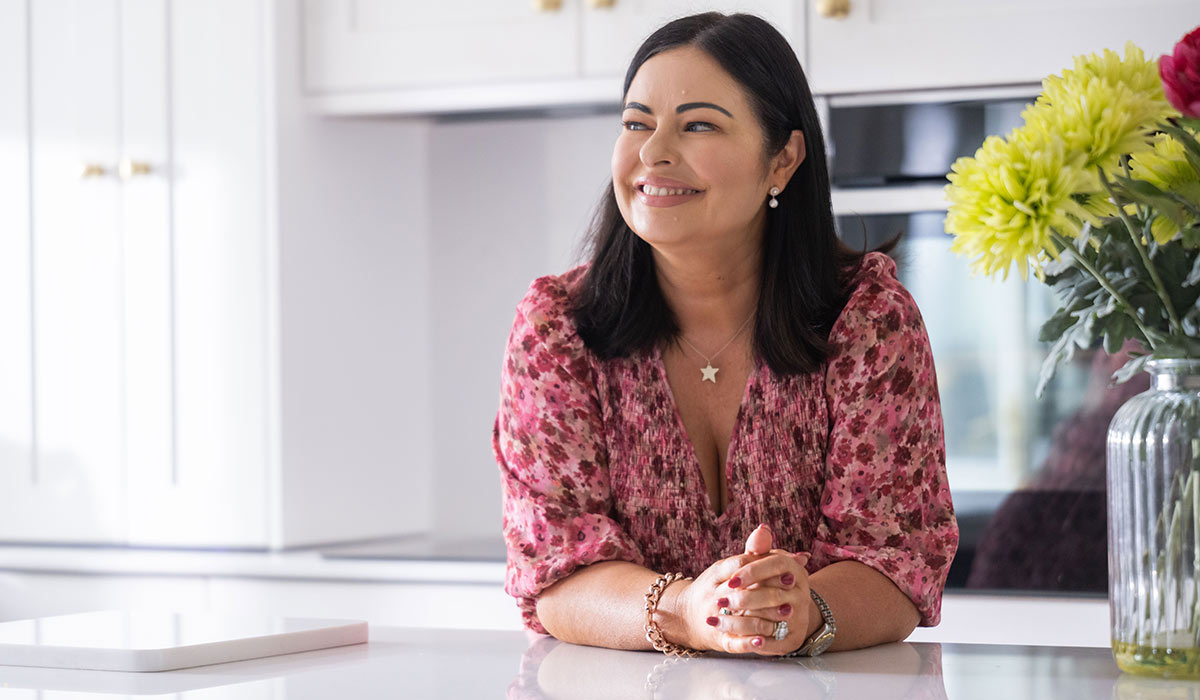 Sandra Murphy for laya healthcare. Pic: Joleen Cronin
Sandra Murphy for laya healthcare. Pic: Joleen Cronin
For Sandra, this meant years of self-medicating and ineffectual treatment – she was also told it was highly unlikely that she would have children.
‘I was taking a lot of paracetamol and ibuprofen but that wasn’t going near it,’ she says. ‘I had my first surgery maybe in my mid-twenties, that was an ablation, which is the most common form of surgery here. ‘It is basically burning off the endometriosis but the difficulty with that is that it comes back and it could be within a year or a maximum of three years.
‘So I had the ablation, got a bit of a relief for about a year, and next thing I was back to horrendous pain again.’ Sandra was told to take the contraceptive pill back to back and when that didn’t work, she had a coil inserted.
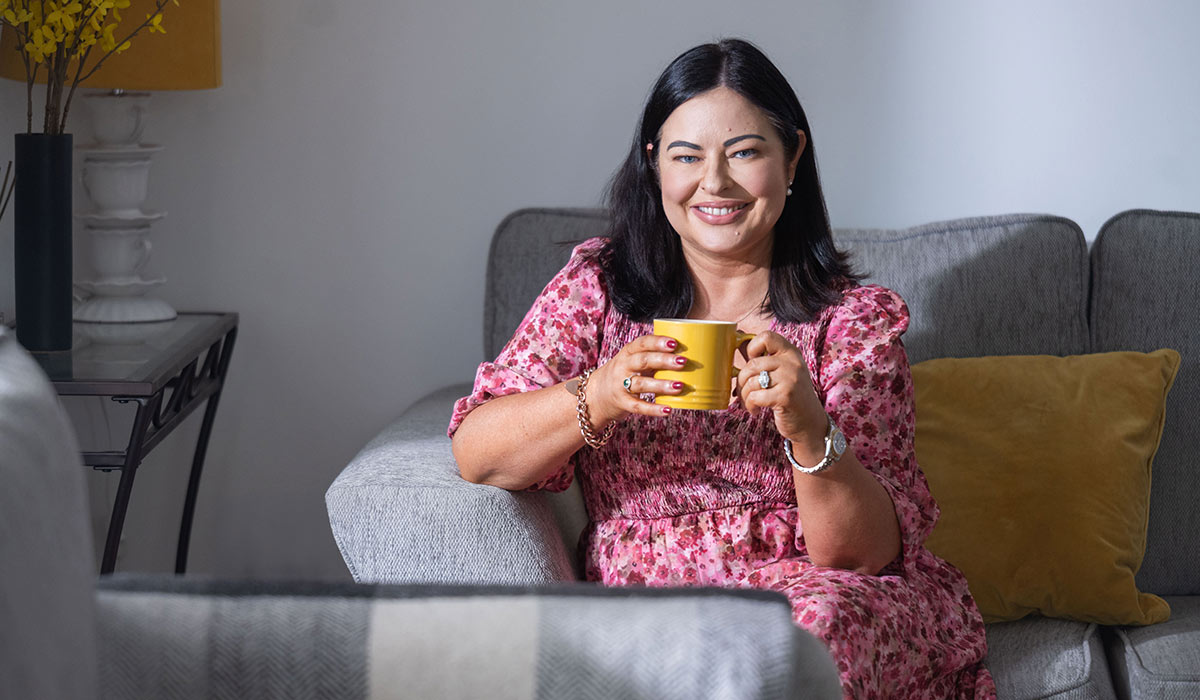 Sandra Murphy for laya healthcare. Pic: Joleen Cronin
Sandra Murphy for laya healthcare. Pic: Joleen Cronin
‘And when that didn’t work I had my body put into a state of temporary menopause. When you are in your twenties and your body is going through that, it’s horrendous’.
Especially when you’re younger, it’s just hard to explain to people, your dry skin, kind of hair loss, all this kind of stuff going on. I would have got temporary relief from the pain of endometriosis, but then I had all of these other symptoms to deal with.
‘Through all of this it’s almost like which end of the sword would you prefer to have, because having treatment like that, it’s not actually addressing the issue of endometriosis, it’s just masking the problem.’
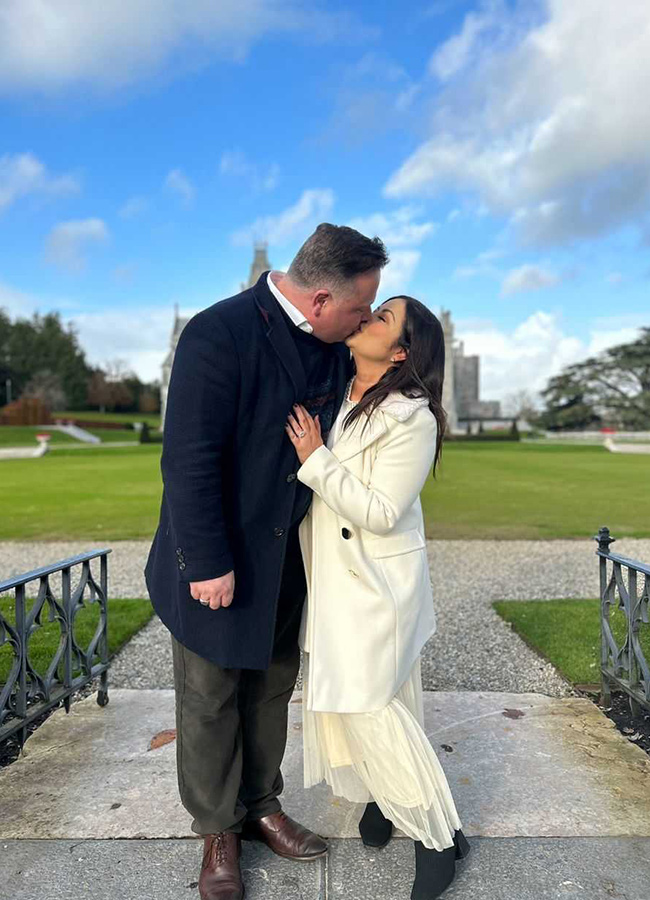 Pic: Sandra Murphy/Instagram
Pic: Sandra Murphy/Instagram
For Sandra, who works in marketing as well as being a successful influencer on social media, it was a case of looking for the right specialist herself, which eventually led to her getting treatment in London.
‘Three different consultant gynaecologists said to me that I’d never conceive because my endometriosis was grade 4,’ Sandra says.
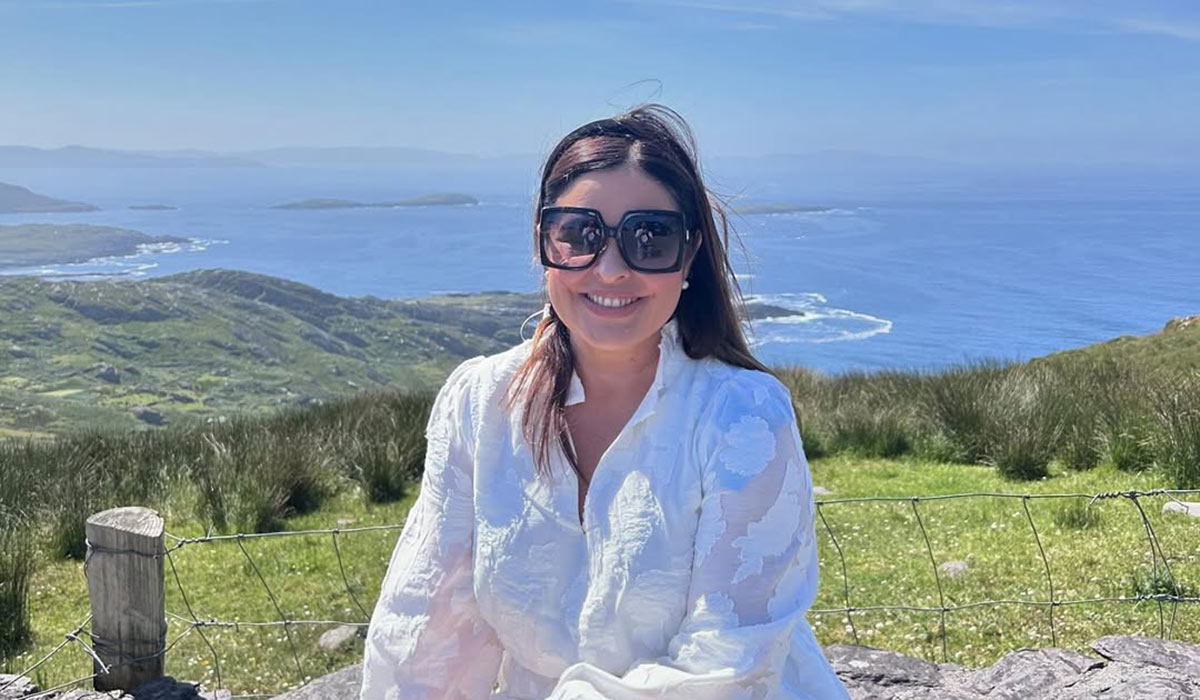 Pic: Sandra Murphy/Instagram
Pic: Sandra Murphy/Instagram
‘I started really deep diving into looking at endometriosis globally and seeing if there was an alternative to the treatment I was receiving because I just couldn’t keep going the way I was. I was shattered with just sheer exhaustion from being in pain constantly, you’re not sleeping properly, so everything is off.
And meanwhile you were studying and doing a very high profile job as well and I was actually self -employed when things were at their height. ‘But when I found a consultant in London he told me that period pain is not normal. If you have a pain that can’t be controlled by taking a couple of paracetamol or ibuprofen, that is not a normal pain. ‘I was able to get treatment because of my health insurance.’
In London, Sandra’s consultant specialised in endometriosis and she underwent a six and a half hour operation known as excision surgery.
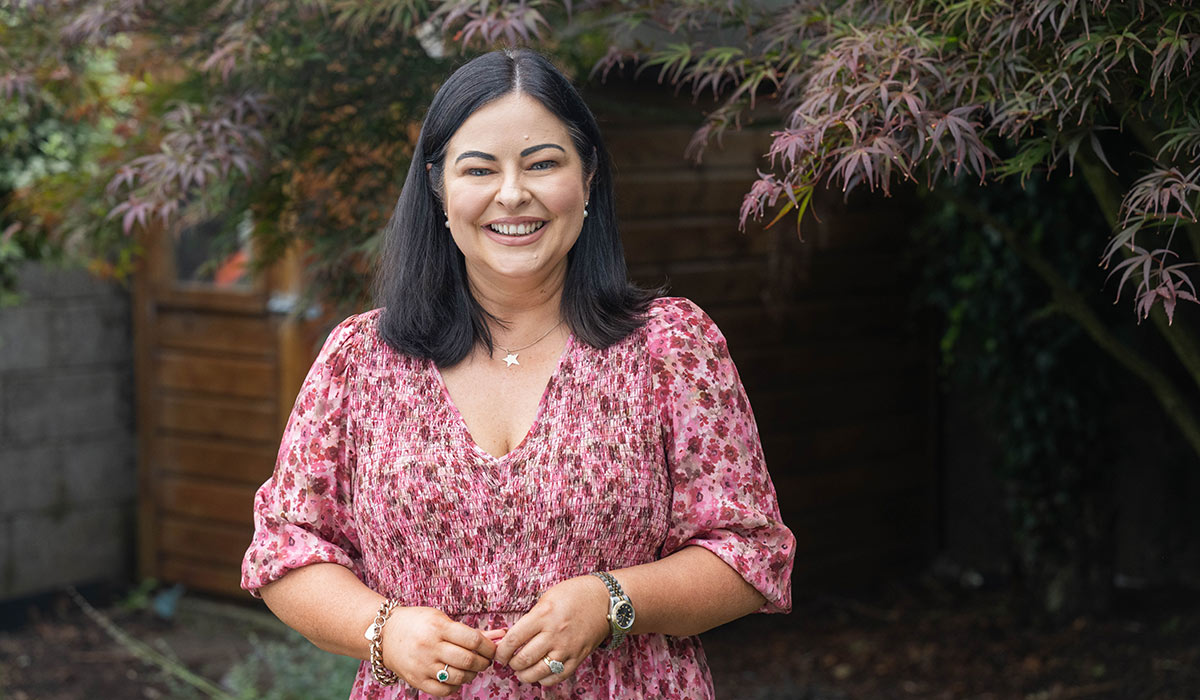 Sandra Murphy for laya healthcare. Pic: Joleen Cronin
Sandra Murphy for laya healthcare. Pic: Joleen Cronin
‘I also had fibroids, so I had 11 fibroids removed, but there was extensive endometriosis all over the uterus. My left ovary was stuck to the wall of my uterus and then there was a lot of endometriosis on the bowel that had to be removed.
‘It was lengthy and it was a six week recovery and I was in my late 30s at that stage so you could say it took 18 years to get to that point. The thing about it is that if I did not have health insurance, I would not have been able to make that choice.’ Sandra feels that it is important to have more specialists here who deal solely with endometriosis so that women like her have better access to the care they need. ‘As a doctor, these findings reflect what I see in my practice every day,’ says Dr Sumi Dunne, a leading GP. ‘For too long, women’s pain – especially period and pelvic pain – has been normalised or in some instances not heard. This research clearly shows the huge impact this has – not just on physical health, but on mental wellbeing and even career growth.
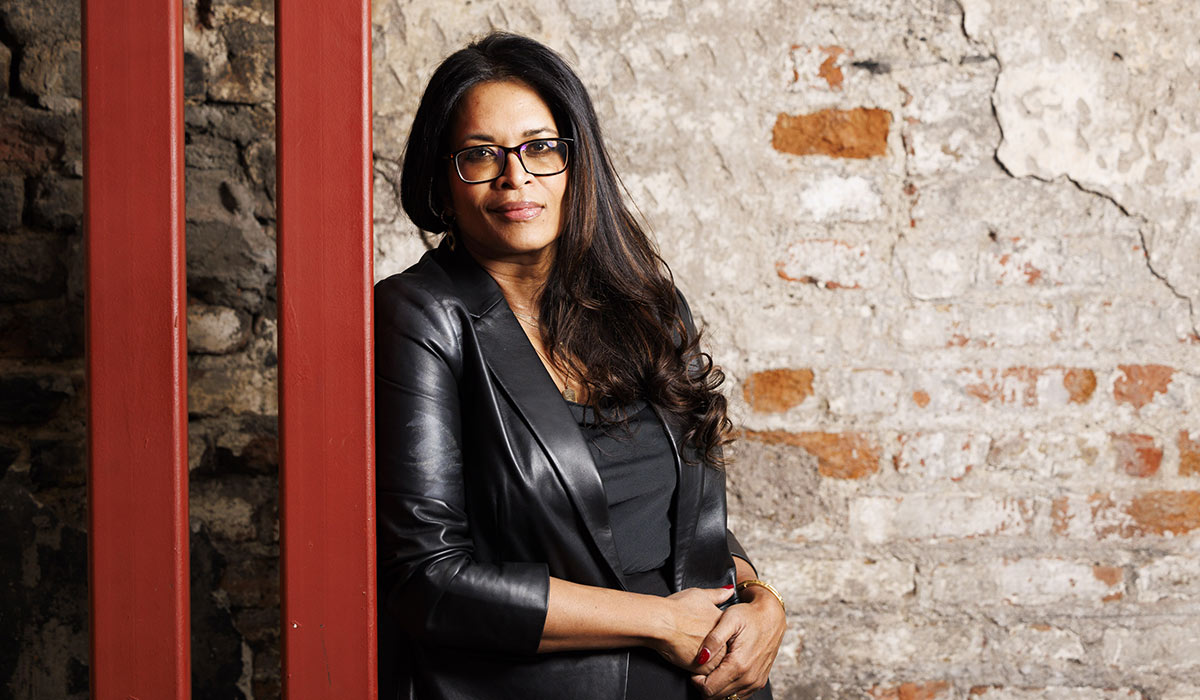 Pictured at the launch of the Laya Healthcare Workplace Wellbeing Index is Dr Sumi Dunne, GP, Specialist in Women’s Health. Pic: Andres Poveda
Pictured at the launch of the Laya Healthcare Workplace Wellbeing Index is Dr Sumi Dunne, GP, Specialist in Women’s Health. Pic: Andres Poveda
‘This gap is caused by a number of multiple factors, and I think even small initial steps can make a big difference and help close the gap. It’s crucial that healthcare professionals have time to listen to women’s experiences, and ensure they get the appropriate care at the right time, without bias or delay because of their gender.’
Though Dr Dunne believes great strides have been made in the last few years in addressing some issues in women’s healthcare, including the provision of free HRT and free contraception, there is more to do to correct the gender imbalance. ‘So we have come forward so much to be able to talk around menopause, absolutely, but there is so much more to do around female healthcare – endometriosis, adenomyosis, the mood disorders, PMDD or PMD, dysfunctional uterine bleeding , menorrhagia.
 Pic: Sandra Murphy/Instagram
Pic: Sandra Murphy/Instagram
So all of that is really, important.’ Like Sandra, Dr Dunne believes the best way to get the correct treatment is to be your own advocate. ‘I think a great step forward is the fact that the provision of the medicines around menopause care are now available to every patient that needs them,’ she says.
‘That’s a step in the right direction. There needs to be change, and we need to be able to give time, we need to be able to give resources, we need to be able to truly listen to women.
‘So advocate for yourself. Tell your story, which is known as a clinical history. ‘Make your GP aware of all the health practitioners you’re dealing with, if you have had any screening recently, be it cervical screening or breast screening, is it up to date and have the results been normal? What are you concerned about? Is it ongoing? How long have the symptoms been there?
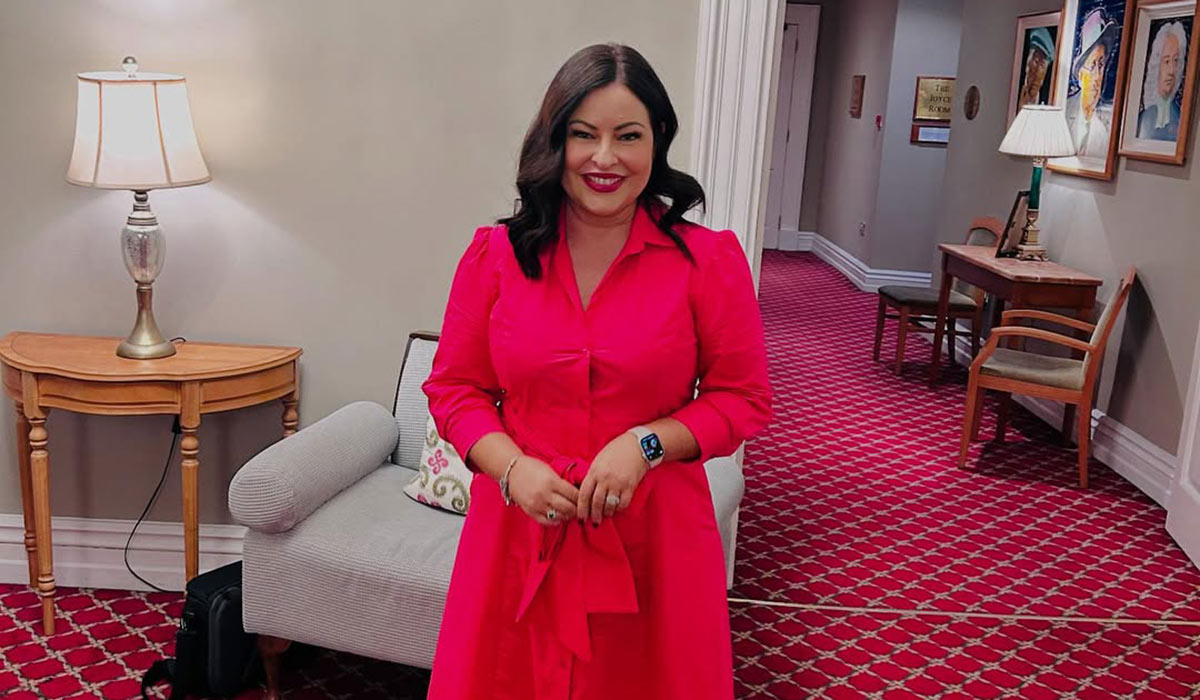 Pic: Sandra Murphy/Instagram
Pic: Sandra Murphy/Instagram
‘And if you feel you’re not being heard, absolutely go back and say, “I really feel I need to explain more about the impact this is having on me.”’ You are also allowed to ask to see another doctor if you still feel your concerns are falling on deaf ears. ‘Most practices nowadays have more than one doctor available,’ says Dr Dunne, also pointing out that private healthcare companies like Laya can provide consultations with female GPs about any female health concerns.
For Sandra, though, there was a happy ending as shortly after her excision surgery in London, she conceived naturally. ‘I had a beautiful baby girl, a spontaneous pregnancy and she was born in 2022.
‘Honest to God, she is the absolute light of my life,’ says Sandra who had to deliver by caesarean section due to her previous issues. ‘Charlotte fought every step of the way to be here and now she’s a perfect, beautiful three year old.
‘The surgery that I had in London with the excision I think that because so much endometriosis was removed and because all of a sudden I was able to sleep at night, I was able to exercise, I was in a much better place mentally, physically, emotionally, every which way, that I was in a completely different place, and I think that that had a huge amount to do with changing everything about me.
‘I hope that by me speaking out about my own personal experience that it may just help somebody else to go and get answers and try and get the treatment that is needed to have a better life.
‘For years, I lived with debilitating pain that was dismissed as ‘just period pain’. It affected my sleep, work, and relationships, and I felt ignored.
Getting the right care changed my life – but too many women are still facing avoidable pain, delayed diagnoses, and poor access to treatment. In this day and age, that simply shouldn’t be the case.’

